A group of campaigners and artists have joined together to throw a significant spanner in the works of a venture capital firm’s takeover of a historic London foundry.
Plans to turn the site into a boutique hotel with office space for “creatives” and a café and restaurant has earned the ire of artists, former foundry craftsmen, community organizers, and heritage building conservationists.
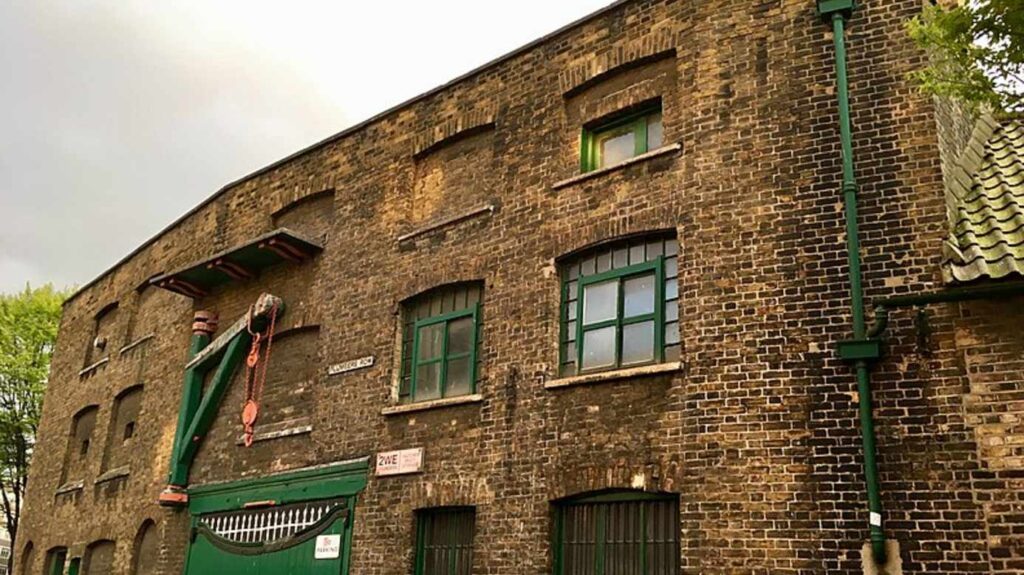
Before the pilgrims landed at Plymouth Rock, bells were being forged in Whitechapel.
Opened in 1570, the Whitechapel Bell Foundry in the East End of London, cast bells for 450 years, many of which still ring today—atop Big Ben, and another one with a famous crack in it sitting in a museum in Philadelphia.
Behind Georgian brick walls amid factories and wharfs, workers at Whitechapel poured molten bronze into molds of London clay, and tuned the bells by shaving metal off of the inside before shipping them across the English-speaking world, of which 900 in Canada, 500 in Australia, and 600 in the U.S. still ring out every day.
The details of the financial struggles of four generations of Whitechapel Foundry owners, the pain they endured as demand for bells evaporated after the World War II, the debts that piled up while a gentrified London encroached ever further into the East End, as well as everything one could ever wish to learn about bells, are captured brilliantly by Hettie O’Brien in the Guardian’s Long Read section.
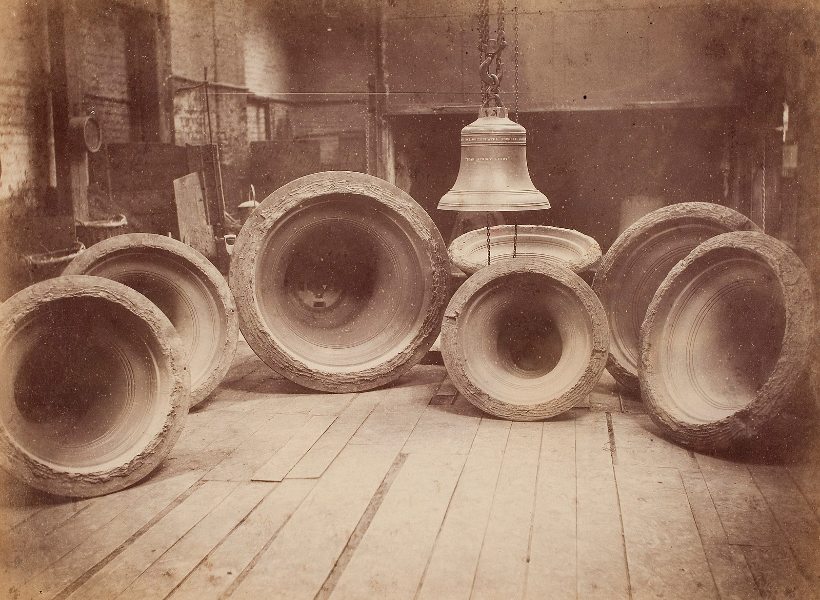
O’Brien details how a Whitechapel foundry worker—a bell crafter named Nigel Taylor, took her around the neighborhood of Whitechapel while explaining that London used to be split into districts that were determined by the range of audible sound coming from the bells of a particular church. This is the source of the fable that every true Cockney Londoner was raised to the sound of “Bow bells,” referring to St. Mary-le-Bow Church in Cheapside.
Taylor is part of the coalition to save this piece of London heritage from conversion into a boutique hotel, organized by a special group of campaigners that not only want to see the building preserved in its current, dingy, and wonderful state, but the activities inside of it remain as well.
A plan in motion
Re-form Heritage, a UK charity that organized the public effort to block the hotel development plans in the foundry, specializes in supporting communities through the restoration and rejuvenation of heritage buildings at risk of decay or demolition.
The details are long and involve many different characters, but here’s a summary:
- The fourth-generation foundry owner closes sale of the foundry in private to a man named Goldstein.
- Goldstein sells it to Raycliff Capital who plan to convert it into a boutique hotel and workspace/restaurant.
- Stephan Clarke, conservationist, accountant, and chairman of Re-Form understands the Foundry is closing and makes an offer.
- Upon learning that the foundry has already been sold for re-development, Clarke develops a new, heritage-based plan, involving bespoke use of the foundry’s infrastructure for artistic projects along with two former employees, to be funded by a potential grant from the National Lottery Fund, and private contributions.
- A proposal is formed, gathering 10,000 signatures, including several celebrities, and sent to the Secretary of State for Housing, Communities and Local Government, Robert Jenrick.
- Upon hearing there was organized resistance to their development plans, Raycliff included a promise to create a miniature bell foundry, where visitors can see how bells would have been cast in Whitechapel’s previous incarnation.
On December of 2018, Raycliff submitted their plans to the Tower Hamlet councilors. A year later in a deeply divided chamber, before protestors and knife-cutting tension, the vote for approval was split 3 to 3, with the Council Chairman holding the tiebreaker vote, which he cast in favor of Raycliff.
Re-form and re-birth
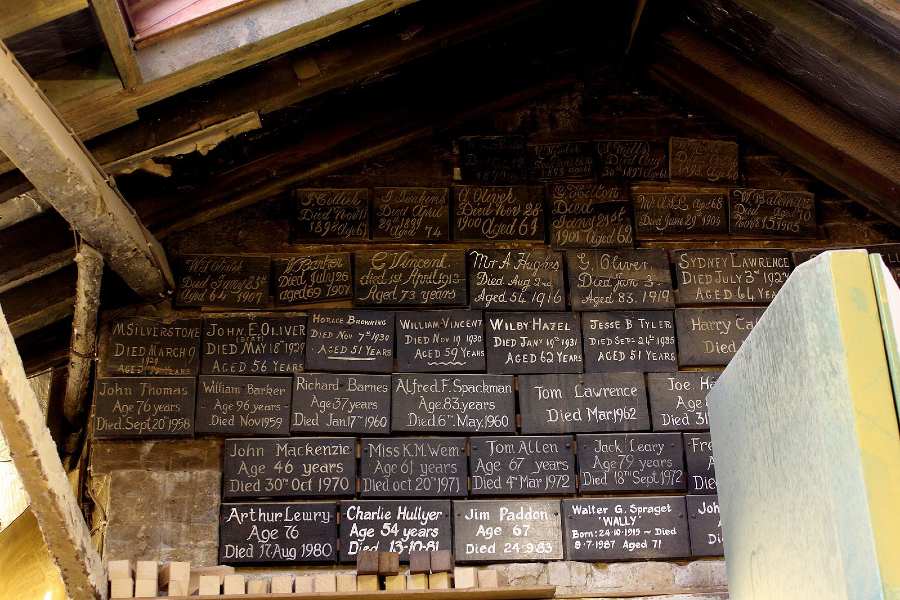
However the story didn’t end there, as after campaigners sent a letter to Jenrick, asking him to suspend the ruling, he did just that, until “public inquiry could take place,” according to O’Brien.
Today I called in the planning application for the Whitechapel Bell Foundry.
— Robert Jenrick (@RobertJenrick) January 22, 2020
This matter will now be subject to a public inquiry. https://t.co/xMf6mEM5Nf
This erupted into a war of words. Clarke was particularly annoyed that Raycliff and the foundry’s previous owner had sold without putting it up for public auction. This is due to British legal requirements for developing old buildings.
MORE: After Musician Launches National Plea, He is Finally Reunited With His Beloved 310-Year-old Violin
If, the law states, development will substantially alter or damage a building with a designated historical value, the project cannot go through unless one of two stipulations is satisfied: either the development must create significant public benefits, or the site is too far gone to be useable, and no charity or grant funding is available.
The final decision about whether the 450-year old Whitechapel Bell Foundry will continue to cast bells will be made by Secretary Jenrick, and if the he rules in Raycliff’s favor, Clarke told the Guardian that Re-Form and artistic partner Factum will be launching a new bell foundry in London to implement the same plan they had for Whitechapel.
RELATED: Company Projects Smiley Face On London’s Parliament Across From A Hospital
For this they’ve already trademarked “the London Bell Foundry,” and will soon be casting a bell at a foundry in Gloucestershire in collaboration with English contemporary artist Grayson Perry.
For readers interested in following the decision, they’ll find it on the Right Honorable Robert Jenrick’s page on the UK government website, slated to be announced in the coming weeks.
RING The Bells of Community Action by Sharing This Story…




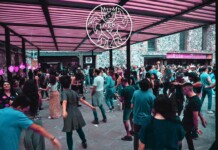















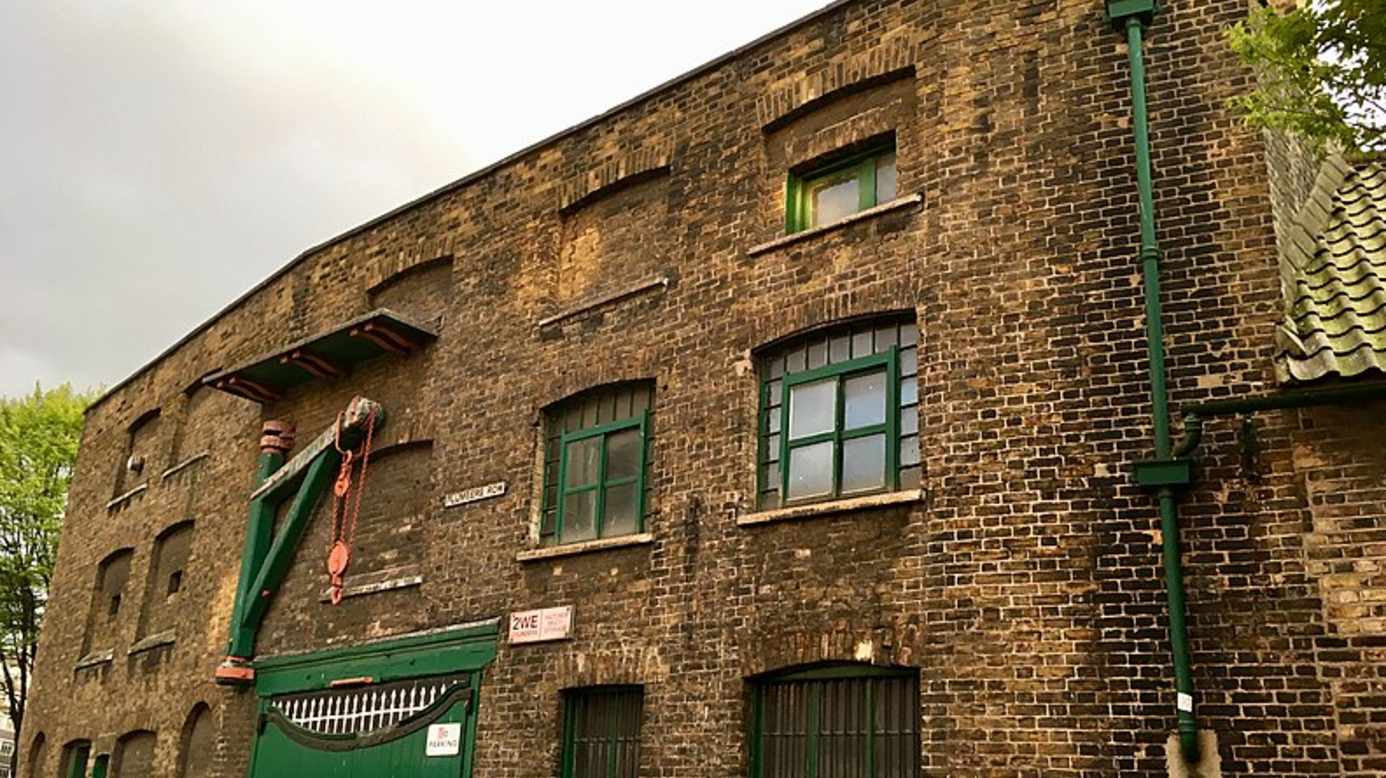
You’re too late. Jenrick has handed the foundry over to the developers to destroy it. I’ve been following this on Spitalfields Life, by a local blogger who has kept the public up to date. They foundry will be all but destroyed by another useless, unnecessary boutique hotel. It will lose money, be sold, again and again and each time they’ll destroy a bit more until nothing is left. Developers are doing this to historic and protected buildings all over London. No reason to even visit any more. But the Whitechapel Bell Foundry is a particularly obscene tragedy.